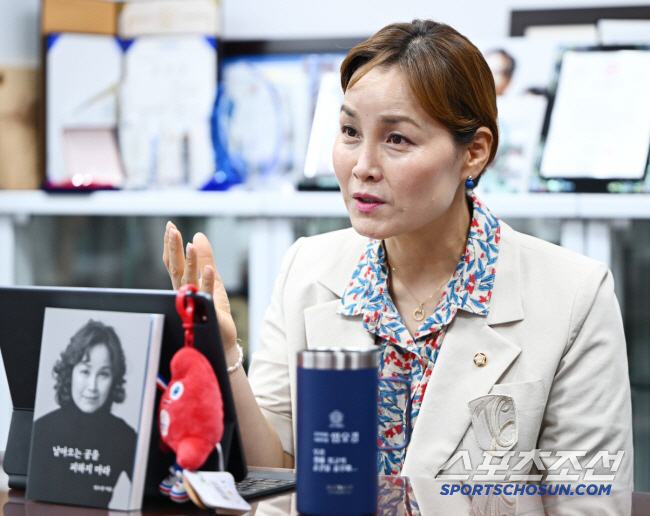
A New Approach to Developing Athletic Talents in Korea
Representative Lim Oh-kyung, a member of the Minjoo Party of Korea and secretary of the Culture, Sports and Tourism Committee, has introduced a significant legislative proposal aimed at shaping the future of aspiring athletes in the country. The bill focuses on amending the National Sports Promotion Act, with the goal of supporting the early identification and development of athletic talents into world-class sports leaders.
The proposed amendment seeks to create a more robust institutional framework for recognizing and nurturing talent in the sports sector. It includes establishing a legal foundation that allows the Minister of Culture, Sports and Tourism to set up and manage specialized sports schools for gifted students. Currently, physical education middle and high schools operate under the Elementary and Secondary Education Act, but there have been growing concerns about the limitations of this system in providing professional physical education and fostering interdisciplinary talents.
In particular, there are increasing calls for national-level educational institutions that can develop athletes with both sports science and humanities skills. In the context of the AI era, it is widely acknowledged that the current uniform education system struggles to accommodate the unique needs of exceptional athletes like Son Heung-min and Kim Yu-na.
Addressing the Challenges in Student-Athlete Development
The idea of establishing a physical education gifted school was put forward to provide tailored curriculum support that meets the academic and cultural needs of student-athletes. This approach aims to counteract policies that restrict student-athletes, such as minimum education requirements and competition bans, which often lead students to join business teams or broadcasting high schools. Rather than imposing restrictions, the policy emphasizes support for student-athletes.
With the decline in the number of school sports departments due to demographic changes, the initiative aims to identify and nurture rare athletic talents. The plan is inspired by models like the Korea National University of Arts, which specializes in nurturing artistic talents. The long-term vision is to cultivate representative athletes who can represent Korean sports for the next 100 years.
This policy is designed to support individuals with extraordinary athletic abilities, such as Son Heung-min and Kim Yu-na, and is based on the feedback from student-athletes and their parents. Representative Lim Oh-kyung emphasized the need for systemic support to help talented students pursue their passions and grow into global sports leaders.
Broader Implications and Future Goals
The proposal reflects a shift in how Korea approaches the development of its sporting talents. By creating a dedicated educational structure, the government aims to ensure that athletes receive the necessary resources and guidance to reach their full potential. This move is not just about improving performance on the field but also about fostering well-rounded individuals who can excel in both sports and other areas of life.
The legislation also highlights the importance of addressing the challenges faced by student-athletes, including the need for flexible educational policies that recognize their unique circumstances. As the focus shifts towards nurturing future champions, the emphasis remains on creating an environment where talent can flourish without being hindered by rigid systems.
Overall, this initiative represents a proactive step towards building a sustainable and successful sports ecosystem in Korea, ensuring that the next generation of athletes can thrive and contribute to the nation's global sporting presence.
Post a Comment